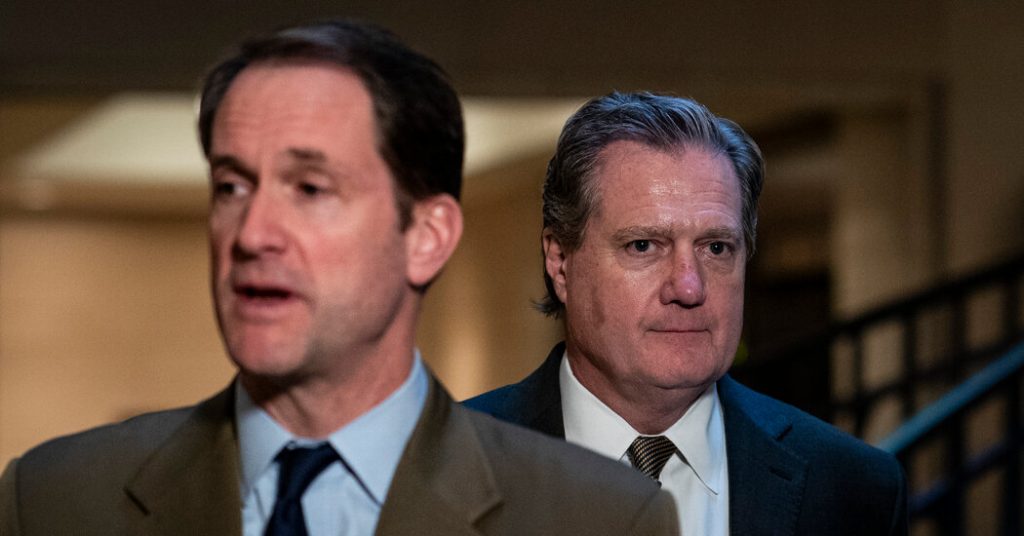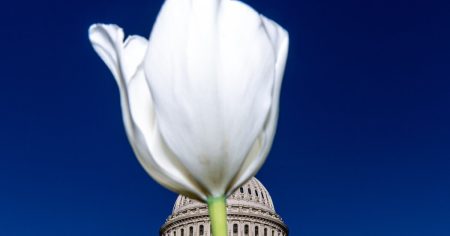A dispute over whether a data center for cloud computing should cooperate with a surveillance program led to a mysterious provision being added to a bill extending the program. The provision would expand the types of service providers who could be compelled to participate, but its wording is ambiguous. Data centers, which are crucial for cloud computing services, are increasingly operated by third parties who rent out storage and computing power to other companies. The provision is seen as a response to a classified court ruling from 2022, but details are scarce due to concerns about revealing classified information.
Section 702 of the wiretapping law allows the government to collect communications from foreigners abroad without a warrant, even when they are communicating with Americans. The amendment to the law resulted from a court ruling in 2022 that a data center service does not fall under the definition of an “electronic communications service provider.” The amendment aims to update the law to reflect the changes in technology since it was originally enacted in 2008. However, privacy advocates are concerned that the provision is too broadly worded and could lead to widespread surveillance of Americans by the government.
Privacy advocates fear that the provision could be used to force companies, such as wireless internet providers like coffee shops and hotels, to conduct warrantless surveillance on their customers. Despite efforts to narrow the amendment to exclude certain entities, concerns remain about its potential misuse. While the Biden administration may not intend to use the provision expansively, there is no guarantee that a future administration would not exploit it for widespread surveillance purposes. The amendment passed in the House, but privacy advocates are urging the Senate to further narrow the language to prevent potential abuses.
The debate over the renewal of Section 702 has highlighted the tension between national security concerns and privacy rights. Lawmakers are grappling with how to balance the need for intelligence gathering on foreign targets with protecting Americans’ constitutional rights. The provision in question has raised alarms among privacy advocates who fear it could lead to widespread government surveillance of Americans without proper oversight. While proponents of the provision argue that it is necessary to address technological advancements, opponents warn of the potential abuses in expanding surveillance powers.
The House Intelligence Committee has defended the provision as a necessary update to reflect changes in technology since the enactment of Section 702. However, privacy advocates continue to express concerns about the potential misuse of the provision to conduct warrantless surveillance on Americans. As the bill heads to the Senate, there is a push to further narrow the language to exclude the most concerning scenarios. While Section 702 may continue operating until 2025 even if the statute expires, Senate leaders are determined to extend the law to prevent any lapse and ensure national security needs are met without violating constitutional rights.















